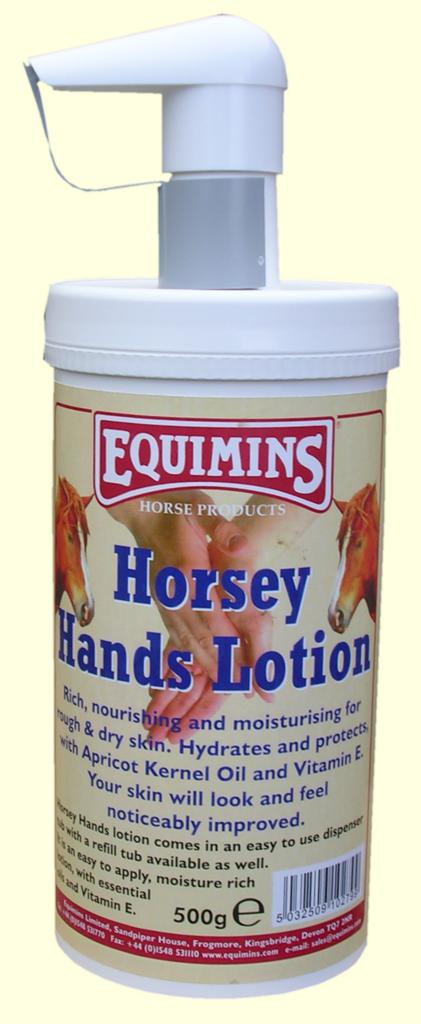Leading equine insurance provider Petplan Equine has noticed an increase in the number of enquiries it is receiving from horse owners in relation to Equine Gastric Ulcer Syndrome (EGUS). As a result and as part of its knowledge sharing initiative, the company has teamed up with the 2009 Petplan Equine Vet of the Year, Gil Riley, to help owners increase their awareness of this painful and debilitating, yet often preventable condition and learn how to avoid its onset.
“EGUS is a condition that is often easier to prevent than it is to treat which can be extremely expensive.”
“Ulcers are generally caused by two main factors – diet and stress,” Gil explains. “So really, it can be quite simple to prevent EGUS in many cases by paying enough attention to your horse’s management. If the horse goes long periods without fibre, or is fed a high-grain diet, acid levels in the gut increase. This acid can splash against the squamous part of the stomach wall, particularly during exercise, which can give rise to EGUS. Stressful situations, such as travelling for long periods of time, the competition environment, being in a field alone or out with others they don’t get on with, are also important causes of EGUS.”
“It is really important to look for the signs and do everything you can to avoid the occurrence in the first place”, and Gil has the following preventative tips for horse owners:
· “Mimic the horse’s diet as to how he would eat in the wild i.e. as much turn-out as possible and feeding a fibre-rich diet little and often
· Avoid cereals and grains where possible or at least feed as part of a high fibre diet
· Turn your horse out with friends he gets on with to mitigate stress
· Pay attention to worming and dental care
· Provide your horse with shelter so he can get away from the hot sun, wind or rain
· Make sure your horse is happy in his work
· Provide a buffer layer of fibre before exercise, such as a handful or two of hay”
“Petplan Equine works closely with a number of top experts such as Gil Riley,” said Charlotte Collyer Marketing Executive for Petplan Equine. “This allows us to bring to owners the latest thinking and best practice in caring for their horses andponies. After all, no caring owner wants their horse to suffer and if this information succeeds in one less horse developing EGUS then our knowledge sharing programme is working.”
If despite your best efforts your horse presents with mild signs of colic, reluctance to work, windsucking, crib biting, dull coat, weight loss, or general poor body condition these could be symptomatic of the presence of Gastric Ulcers and you should consult your vet who may wish to arrange a gastroscopy. A gastroscopy is tolerated well by most sedated horses the procedure involves looking at the inside of the horse’s stomach using a video endoscope.”
Petplan Equine advises all horse owners to consult their vet at the earliest sign of illness or injury.








